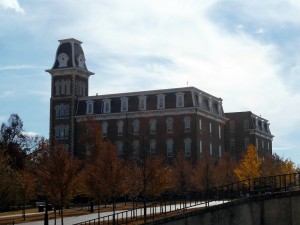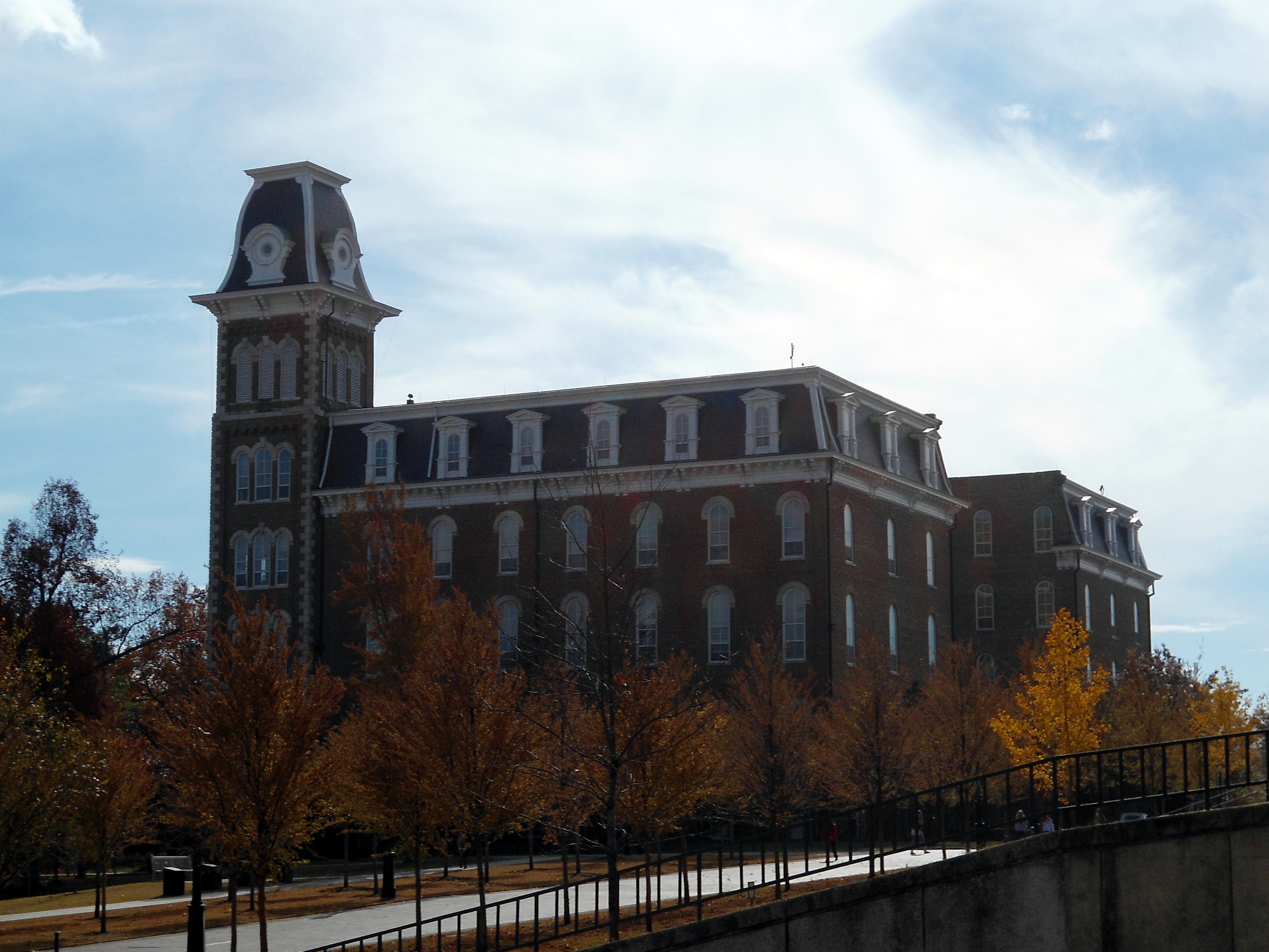Judge Upholds Fayetteville Ordinance Despite State Law to the Contrary
 Yesterday Circuit Judge Doug Martin in Washington County issued a summary judgment upholding Fayetteville’s so-called “nondiscrimination” ordinance despite a new state law, Act 137 of 2015, prohibiting counties and cities from creating protected classes on any basis not contained in state law.
Yesterday Circuit Judge Doug Martin in Washington County issued a summary judgment upholding Fayetteville’s so-called “nondiscrimination” ordinance despite a new state law, Act 137 of 2015, prohibiting counties and cities from creating protected classes on any basis not contained in state law.
The City of Fayetteville recently enacted an ordinance granting special protections based on sexual orientation and gender identity; the ordinance carries significant, unintended consequences we have written about in the past. Attorneys from Northwest Arkansas as well as the Attorney General’s Office brought a lawsuit against the city, alleging the city’s ordinance violated Act 137, because it created new, protected classes of citizens not found in state law. Judge Martin, however, ruled in favor of the city ordinance.
In a nutshell, Judge Martin’s ruling plays loose with facts and with the language of Arkansas state law. The ruling hinges on Arkansas’ anti-bullying law intended to help prevent bullying in public schools; the anti-bullying law addresses bullying that is based on, among many other things, sexual orientation or gender identity. Judge Martin essentially claims this anti-bullying law gives the City of Fayetteville a basis in state law upon which to enact its ordinance.
The problem is Arkansas’ anti-bullying statute does not create any protected classes. It is designed to protect students enrolled in a public school from physical harm and harassment. Judge Martin’s ruling implies that because state law says a public school student should not be bullied due to their sexual orientation, sexual orientation amounts to a protected class under state law.
The same anti-bullying law says a public school student cannot be bullied because of his or her “academic status.” By Judge Martin’s logic, Arkansas’ anti-bullying law arguably makes education level some sort of protected class, meaning a person might enjoy more or less protection depending on their intelligence or education.
The fact of the matter is Arkansas’ anti-bullying law is irrelevant to this conversation. Arkansas’ Civil Rights Act addresses protected classes of citizens. The state Civil Rights Act provides protections based on immutable characteristics like race and national origin. Sexual orientation and gender identity are never mentioned. Judge Martin’s ruling drastically misconstrues state law in order to create new, protected classes. It’s unthinkable.
Judge Martin’s ruling likely will be appealed to the Arkansas Supreme Court. Depending on how the Arkansas Supreme Court rules, there is a slim possibility the issue could be appealed further in federal court. In the meantime, the Arkansas Legislature could opt to amend Act 137 to clarify cities and counties cannot create protected classes on a basis not found in the Arkansas Civil Rights Act.
One thing is for sure: This debate is far from over.
Photo Credit: “Old Main from the northwest, University of Arkansas, Fayetteville, Arkansas (autumn)” by Brandonrush – Own work. Licensed under Creative Commons Attribution-Share Alike 3.0 Unported.

